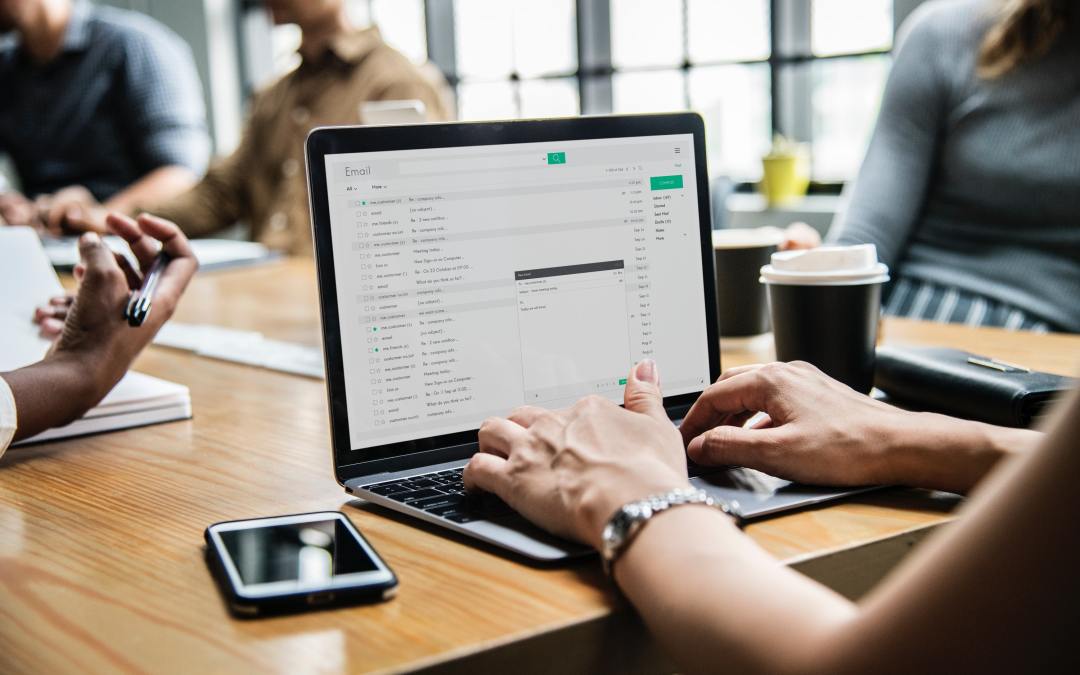If you clicked on this, you are either:
- a) Someone who also gets 500 emails a day. You understand how overwhelming that can be, and are looking to learn from the experience of others.
- b) Not someone who gets 500 emails a day, and maybe a little in disbelief that such a person even exists. He does, he is a client of mine, and he is a capital markets lawyer, who helps Fortune 500 companies raise money through the financial markets. In fact, when he is on a deal, his email flow is more like 800-1,000 per day. Crazy, right?
My client also happens to be quite good at managing his inbox, so I asked him to share his wisdom. Here’s the download:
- Establish expectations as to when you are going to check email. If you are in a client service profession (such as lawyers), you will likely have to keep a pretty tight tether to your email (you cannot ignore it for hours), but even so, it is helpful to let people know what to expect.
- Look to whom the email is addressed. Prioritize reading and answering to those emails only addressed to you.
- Look from whom the email is. Prioritize reading/answering those emails from your clients or manager. Set expectations with your team that if there is something urgent they should call you instead.
- Know the difference between reading and scanning something. Get into the habit of only scanning (and not fully reading) emails that are de-prioritized.
- For emails on which you are cc-ed: Look to see if one of your team members who is in charge of the project is also cc-ed on it. Then disregard this email because they should be taking care of it—this comes down to trusting your team, basically.
- Whenever possible, only read an email once, and deal with it then and there. This may mean deleting it, or a quick answer, or forwarding it to a member of your team to take care of it. The exception is if the email necessitates a long, thoughtful answer, in which case it will need to go on your “to do” list.
And as a bonus, here are a couple of tips about managing email that come from another one of my clients, who is not in an external client-facing job:
- Do not be trigger-happy when it comes to reacting to things which are not your responsibility. She had a sticky note next to her computer which said “NMP” – i.e. “Not my problem/Not my priority”. Answering everything, even when it’s not your priority, can drain time away from what really is your priority.
- She works off-line for at least three hours from 11am to 2pm every day. Then she goes back online to take care of what happened in the meantime. This is essential time for her to focus on strategy and the big picture and work on those aspects of her job which require uninterrupted concentration. Of course, she did set expectations around this with her team. And, as I mentioned, she does not have a client-facing role, which can be a totally different situation. Still, food for thought…
Happy emailing!



